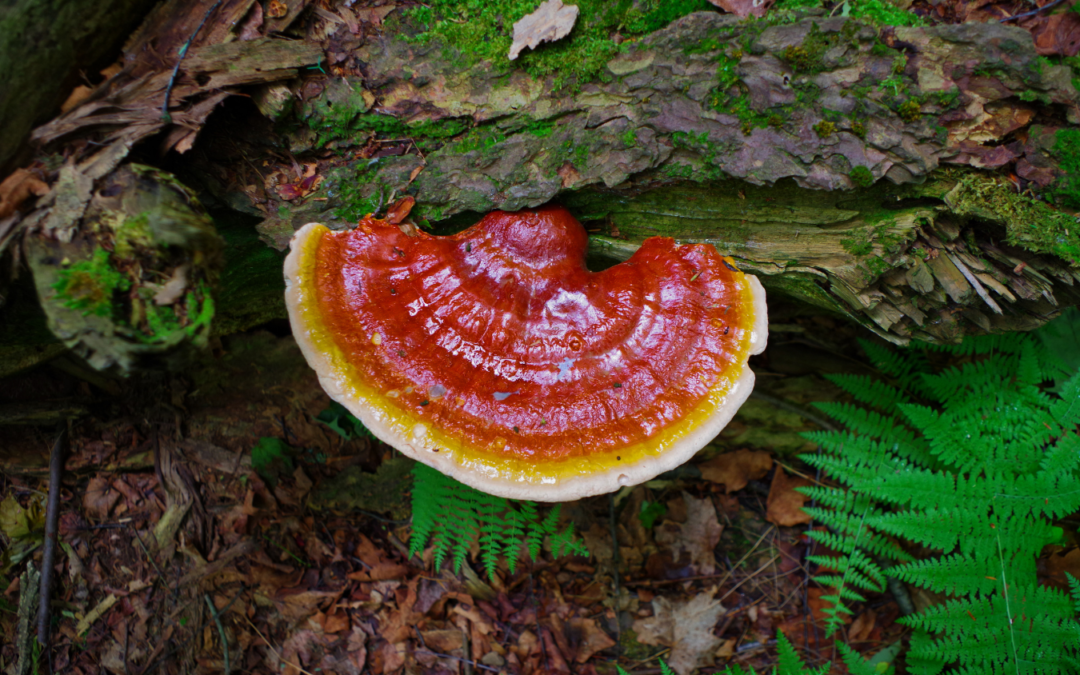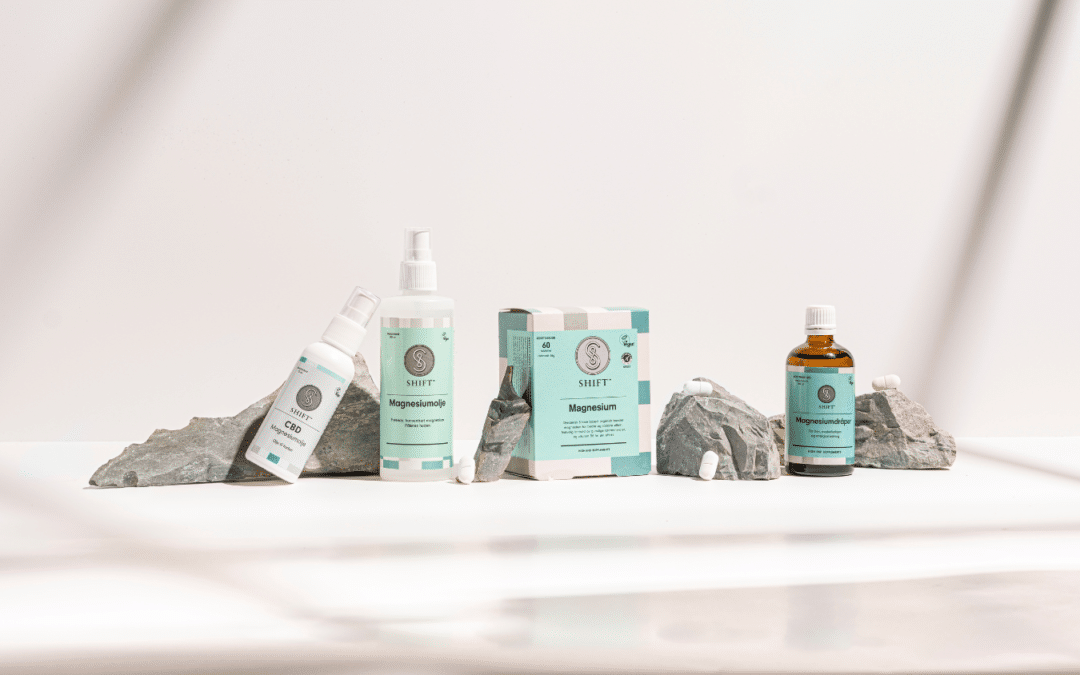Chaga is a mushroom that for many years has been recognized for its positive health properties. Chaga, also known as inonotus obliquus, grows mainly on birch trees in cold climates such as Siberia, Russia, North America and parts of Europe. The mushroom has long been used in traditional folk medicine for a variety of diseases and ailments, as well as in the treatment of cancer. Chaga is referred to as an adaptogen, which means that the mushroom adapts its effect to the body's needs. The mushroom is also considered one of the strongest antioxidants we have. Let's take a closer look at why chaga is so sought after and what potential health benefits it can provide.
Chaga as an antioxidant
Antioxidants are a group of natural compounds that have the ability to fight free radicals in the body. Chaga has long been recognized as a powerful antioxidant for several reasons.
Chaga contains a high concentration of antioxidants, especially phenolic compounds such as polyphenols and flavonoids. These compounds can help neutralize free radicals in the body. Free radicals are a by-product of the body's energy metabolism and are harmful to the cells in the body. Consumption of chaga can thus help to protect the cells from damage caused by free radicals and oxidative stress.
In addition to containing a high concentration of antioxidants, chaga has also been shown to have anti-inflammatory properties. Inflammation in the body is linked to a number of health problems, including cardiovascular disease, diabetes and stomach problems.
Chaga is also a source of a number of important nutrients that the body needs, including vitamins, minerals and amino acids. These are nutrients that help to strengthen the immune system, increase energy levels and promote general health and well-being.
Potential health benefits
Throughout the years, chaga has been used to relieve a variety of diseases and ailments. Here is an overview of a number of alleged health benefits of chaga.
- Immune system: chaga is rich in bioactive compounds such as polysaccharides and beta-glucans. Beta-glucans are polysaccharides produced by and found in the cell walls of various bacteria, yeasts, fungi and plants. Depending on their structure and purity, they can either activate the immune system or provoke allergic reactions. Because fungi and yeasts have been threats to animal and human health for millions of years, the non-specific immune system has learned to recognize their beta-glucans and initiate an immune response to fight them. You could say that beta-glucans teach the immune system to react correctly, a kind of personal trainer that helps the body's immune system to fight various pathogenic microorganisms.
- Anti-inflammatory: studies have shown that chaga can help reduce inflammation in the body, which can be beneficial for people with inflammation-related conditions such as arthritis and other autoimmune diseases.
- Digestion: chaga has long been used to support the digestive system and promote healthy digestion. Chaga contains prebiotics that can help to promote the growth of beneficial gut bacteria, which is essential for a healthy gut flora.
Medicinal fungi
Medicinal mushrooms have long been used in traditional medicine because of their many health benefits. The mushrooms contain bioactive compounds that can help strengthen the immune system, reduce inflammation and combat oxidative stress. Reishi can help lower blood pressure and improve sleep, while chaga is rich in antioxidants and can strengthen the immune system.
Medicinal mushrooms are becoming increasingly popular as dietary supplements and have been studied for many years for their potential role in treating various health problems. In the SHIFT™ range, you can find supplements consisting of both reishi(SHIFT™ Reishi and SHIFT™ Defense) and chaga(SHIFT™ Chaga and SHIFT™ Defense).










